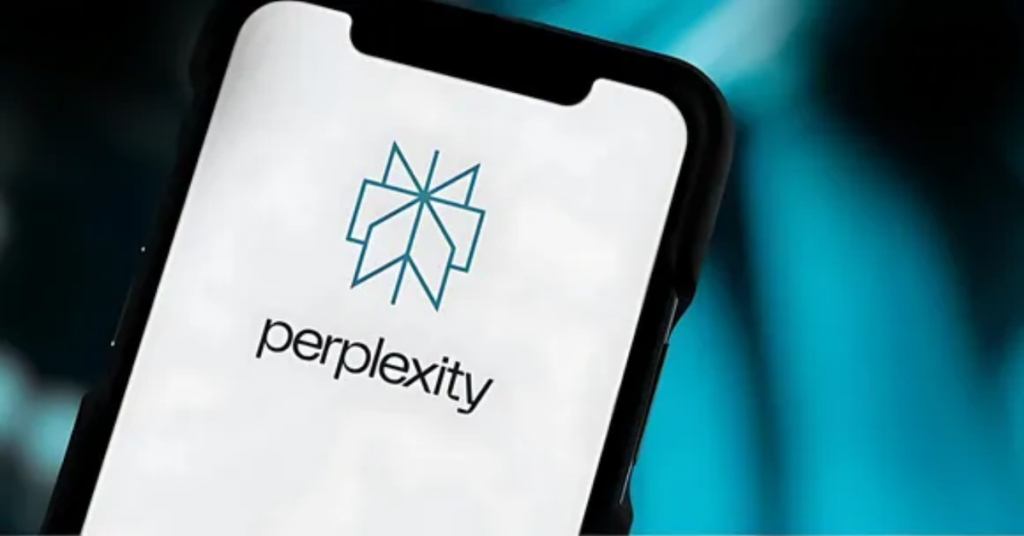In the escalating global battle between content creators and AI companies, a new and decisive front has opened in Japan. The world’s third-largest economy has become the epicentre of a landmark legal offensive, as three of its most influential media companies, Yomiuri Shimbun, Nikkei, and Asahi Shimbun, have filed separate, high-stakes lawsuits against Perplexity AI.
These cases, while sharing a common theme with their U.S. counterparts of unauthorised content use and “free-riding,” are uniquely positioned within the context of Japan’s exceptionally permissive AI copyright law, Article 30-4. The outcome of these disputes will not only shape the future of AI in Asia but could also set a global precedent for how intellectual property is valued and protected in the age of generative AI.
The Japanese legal offensive
The first major legal action from a Japanese news organisation was initiated by Yomiuri Shimbun, one of the world’s largest newspapers by circulation. The lawsuit, filed in Tokyo District Court, accuses Perplexity of “free-riding” on its content, a practice the newspaper claims undermines the immense effort and expense invested in original journalism.Yomiuri’s complaint is specific and data-driven, alleging that Perplexity accessed and reproduced nearly 120,000 articles from its website between February and June.
The core of Yomiuri’s legal argument revolves around a violation of its “right of reproduction” and “right to transmit to the public” under Japanese copyright law. The lawsuit demands an injunction to halt further unauthorised use and seeks JPY 2.17 billion, or approximately USD 14.7 million, in damages.
The legal challenge intensified with the subsequent joint lawsuit filed by two other major media groups, Nikkei and Asahi Shimbun. In their statement, the publishers framed Perplexity’s actions as “large-scale, ongoing ‘free riding’ on article content that journalists have spent immense time and effort to research and write.” The suit, also filed in Tokyo District Court, alleges that Perplexity has been “storing and resurfacing” their articles since at least June 2024.They are demanding an injunction, the deletion of all stored content, and a staggering JPY 2.2 billion (approximately USD 15 million) in damages for each company.
Japan’s copyright act: A double-edged sword
The legal battle in Japan is uniquely shaped by Article 30-4 of the nation’s Copyright Act. This provision, enacted in 2019 to foster domestic AI development, is one of the world’s most permissive frameworks for AI. It allows for the broad use of copyrighted works for “data analysis” without requiring permission, even for commercial purposes. The law’s fundamental principle is that copyrighted material can be used without authorisation if the purpose is “non-enjoyment”, meaning the use does not involve a human perceiving the thoughts or sentiments expressed in the work. In principle, training an AI model falls under this exemption.
However, the Japanese lawsuits’ success hinges on a critical exception within Article 30-4. The law’s exemption does not apply “if it would unreasonably prejudice the interests of the copyright owner.” The plaintiffs are arguing that Perplexity’s actions fall squarely into this exception, making the “free-riding” and lost revenue a central point of legal contention.
The robots.txt controversy
Adding a powerful technical layer to the legal arguments are the allegations that Perplexity ignored robots.txt safeguards. This assertion is supported by a detailed analysis from cybersecurity firm Cloudflare, which reported that Perplexity used “stealth, undeclared crawlers to evade website no-crawl directives.” Cloudflare’s tests found that when Perplexity’s declared bots were blocked, it allegedly switched to a generic browser user agent to impersonate Google Chrome and rotated through different IP addresses to continue scraping. This alleged circumvention of widely accepted web standards undermines the trust essential for a healthy digital ecosystem.
A global legal wave
The legal troubles for Perplexity are not confined to Japan. The company is actively defending against a 2024 lawsuit from Dow Jones and The New York Post. A notable development in this case is the U.S. federal court’s rejection of Perplexity’s motion to dismiss the lawsuit, confirming that the litigation is active and proceeding to discovery.
Perplexity’s challenges are part of a broader global trend. Similar lawsuits have been filed against OpenAI by Canadian and Indian news publishers (including the Asian News International), as well as a group of eight U.S. newspapers owned by Alden Global Capital, which are suing both OpenAI and Microsoft.
A new business model?
In response to these mounting legal and industry pressures, Perplexity has made a strategic pivot toward a revenue-sharing model. The company launched a new subscription service, known asComet Plus, which is designed to compensate participating publishers for user engagement.The model pools revenue from subscriptions and allocates a portion of it, reportedly an 80/20 split in favour of publishers, based on three key metrics: direct visits, citations in Perplexity’s summaries, and AI assistant actions.
Perplexity’s counter-strategy presents a crucial question for the media industry: is a revenue-sharing model a viable solution, or is it a short-term measure that fails to address the fundamental threat of AI to the core advertising and subscription models that sustain professional journalism? The outcome of the Japanese lawsuits and the legal actions in the U.S. will likely provide a definitive answer, setting the rules of engagement for the intellectual property of the future.

